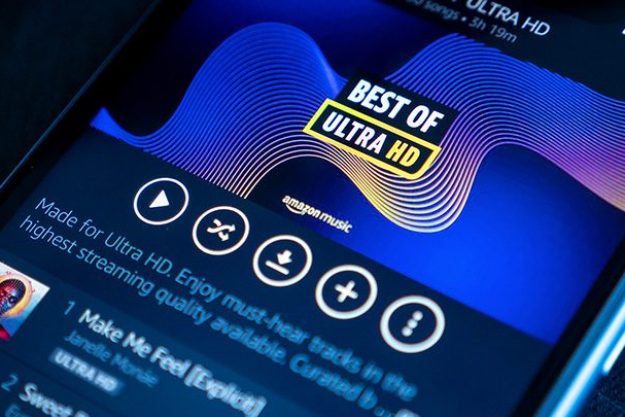
It’s been nine months since Taylor Swift made headlines for denouncing Spotify and exiting the service, but apparently she still holds a grudge. Swift, who has spoken out against both Spotify and Apple Music within the past year in defense of artist royalties, recently explained to Vanity Fair why she believes that Apple cares about artist’s concerns, while Spotify is behaving more like a “corporate machine.”
After hearing that Apple Music was planning on not paying music rights holders in the service’s first three months, Swift argued in a public letter on her blog that it was unfair for the massive corporation to slight artists. She told Vanity Fair that she wrote the letter “at around four A.M.” and that she only read it to her mom before publishing it. When Apple agreed to change policy about paying artists, Swift says she felt that the company “treated me like I was a voice of a creative community that they actually cared about.” Swift then agreed to put her new album, 1989, exclusively on Apple Music.
In November, Swift pulled all of her music from Spotify to protest the service’s meager royalty payments on its free, ad-supported tier, Spotify CEO Daniel Ek’s response — that his company is helping the music industry monetize business previously lost from piracy and has paid millions to artists and labels — just wasn’t good enough for the her. She explained to Vanity Fair that “the start-up with no cash flow reacted to criticism like a corporate machine.”
While Swift’s argument that music streamers don’t fairly pay artists has certainly been echoed by multiple parties, Apple Music and Spotify are an apples-to-oranges comparison. Swift thinks Spotify should phase out its free, ad-supported tier, which pays significantly lower royalties than its $10 per month subscription tier but is used by the bulk (73 percent) of the service’s 75 million users. However, It’s unrealistic to ask Spotify to discontinue its free tier on a whim, considering that it would alienate 55 million customers, would require a complete revamp of the entire service, and would be counterproductive to the service’s already unprofitable bottom line.
In comparison, Apple Music’s decision to pay artists during its three month free trial period was comparably easy as the service was starting from scratch and has, literally, hundreds of billions of dollars in cash at its disposal ($203 billion to be exact, according to CNN Money) with one of the world’s biggest and most influential corporations behind it. Taking the service’s differences into consideration, the fact that Apple Music and Spotify’s paid premium service pay roughly the same in royalties doesn’t help Swift’s case, either.
T-Swift may have won a small victory against Apple Music for musicians and rights holders, but she still has a long way to go if she wants to make the streaming music industry more fairly compensate struggling artists. And continually ripping Apple Music’s most viable competitor in the burgeoning on-demand market may not be the best way to go about it.
Editors' Recommendations
- Tidal vs. Spotify: Which music streaming service has the features you need?
- SiriusXM’s Taylor Swift channel is free if your car has satellite radio
- Spotify adds music videos for Premium users in a handful of countries
- Spotify just made live music a little bit better
- How much is Spotify Premium, and can you get it for free?


